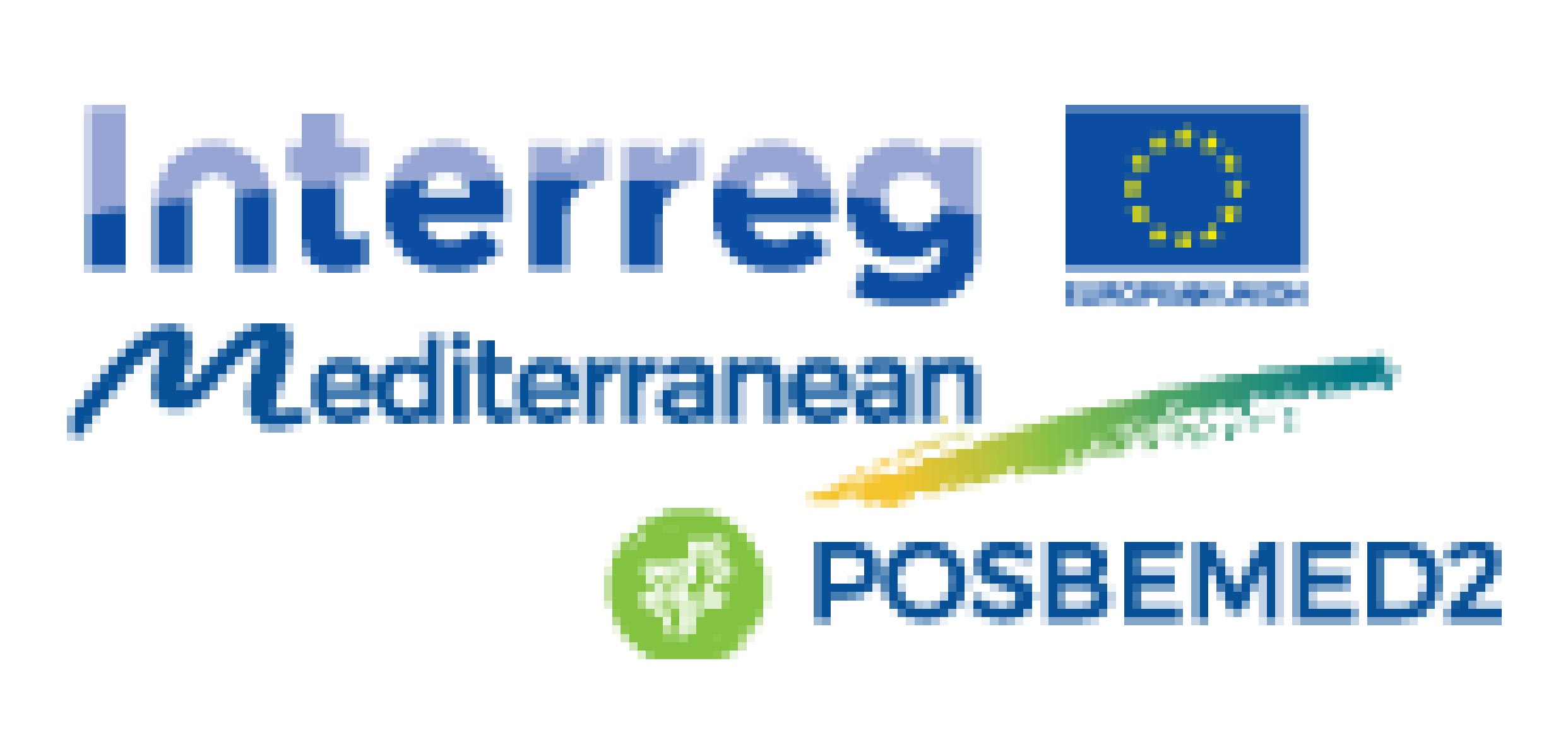 MONITORING TOOL
MONITORING TOOL
Transnational monitoring and management toolbox
TO WHOM IS ADDRESSED?
Beach managers, environmental actors, local administrations, Marine Protected Area (MPA) managers, regional administrations, tourism actors, tourism businessesTHEME
Beach management, MPA managementKEYWORDS
Banquettes, Beach, coastal erosion, Marine Protected Area, nature-based solutions, Posidonia oceanica
WHAT PROBLEM WOULD THIS SOLVE?
POSBEMED2 Interreg Med project capitalises on the results of the POSBEMED project (2016-2019) and develops planning strategies that enhance the value of the Posidonia beach-dune environment and integrates them into the overall coastal strategy, while also addressing concerns and educating stakeholders. Results from previous POSBEMED surveys revealed that:
- 83% of the surveyed local authorities remove seagrass deposits and banquettes every year on some or all of the beaches, including in protected areas.
- A large percentage of beachgoers are unaware of the role of Posidonia banquettes in the formation and maintenance of beaches.
- The concept of a Posidonia-free beach is linked more to stakeholders’ and decision makers’ perceptions of what beach users would expect, rather than to beach users’ attitudes.
All in all, POSBEMED2 aims to address key knowledge gaps, providing information that will enhance management decisions on adaptation, policies, planning and promotion in protected areas.
Aim of the tool
This toolbox was developed as the result of a process. It included testing and monitoring of management measures taken from the POSBEMED Strategy and Action Plan for the Mediterranean region, activities to raise awareness and educate stakeholders and a framework action plan for Posidonia coastal zones with an integrated and transferable methodology.
Main objectives
- Testing and monitoring management measures (restoration activities, erosion control, displacement options, stakeholder acceptance etc.) taken from the POSBEMED Strategy and Action Plan for the Mediterranean region in other seven pre-identified sites.
- Educating stakeholders by increasing awareness for more nature-oriented management strategies.
- Organising capacity building workshops to increase knowledge about Posidonia banquettes and its essential role to maintain healthy ecosystems.
- Promoting informational videos to inform about the functions of the Posidonia beach-dune system, the pressures it receives, as well as the consequences of unsustainable management practices.
- Developing a framework action plan for the Posidonia coastal zone at 7 protected areas.
- Setting up an integrated and transferable methodology for Posidonia beach management.

WHAT IS NEEDED FOR IMPLEMENTATION?
Technological infrastructure
No specific technological infrastructure is needed. The toolbox provides mainly information and processes to enhance monitoring and management at a transnational level.
Training
Local workshops can be organised with stakeholders to raise awareness and start active dialogues within local communities to foster an ecosystem-based approach in beach management and promote Posidonia Banquettes conservation and protection.
Investment
The tool was a result of the POSBEMED / POSBEMED2 projects co-funded by the Interreg-Med project and is free to users.

HOW TO USE IT?
Concept
The strategic objective of the toolbox is to achieve the sustainable management of Posidonia beaches.
First steps include building a diagnostic of each site and holding a seminar to build a community of actors. Depending on beach typologies, ecological function, environmental values and social expectations, specific management interventions will take place.
It is important to organise capacity-building workshops and participatory seminars that allow stakeholders to understand the importance of developing specific management practices which take into account the specific characteristics of each area, but also to recognise the value of the Posidonia beach-dune environment.
All the interventions need to be monitored and subsequently evaluated, presenting results to the local community of actors. Discussions and feedback from local stakeholders on the results achieved will help to provide applicable and realistic advice for implementing a local strategy programme.
Pilot areas
Capo Carbonara & Sinis Mal di Ventre Marine Protected Areas, Es Trenc-Salobrar de Campos Maritime-Terrestrial Natural Park, Schinias – Marathon National Park, Spyros beach, Sakarun beach, Potamos beach
Implementation Dates
2019-2022

WHAT CHALLENGES MAY ARISE?
Difficulties can occur in the identification and engagement of local concerned actors and to create “ownership” of the issue in the local community. Access to funding for local and regional actions can also be challenging to source.

WHAT ARE THE EXPECTED RESULTS?
Quantitative results
The effective implementation of these practices will considerably improve the management of Posidonia banquettes in Mediterranean beaches and dunes.
Key deliverables
A number of local and regional public administrations, tourism and environmental key actors, MPA managers, beach managers and tourism-related businesses, involved in the process.
Transfer potential
The actions and approach will provide a practical guide to support potentially transferable practices that might be used by other MPAs and by local municipalities in other regions.
Pilot areas
Capo Carbonara & Sinis Mal di Ventre Marine Protected Areas (Sardinia, Italy), Es Trenc-Salobrar de Campos Maritime-Terrestrial Natural Park (Balearic Islands, Spain), Schinias – Marathon National Park (Greece), Spyros beach (Cyprus), Sakarun beach (Croatia), Potamos beach (Greece)
KEY INFORMATION
- 85% of beach users that have been sensitised after public awareness actions, declare they are ready to accept Posidonia banquettes on the beach (ecoattitude camain, 2021). Despite this, municipalities in charge of beach management still claim that users are not ready for change. The platform aims to prove this to the contrary.
For further information
Project name: POSBEMED2
REGION SUD: Stéphanie OUDIN: soudin@maregionsud.fr, Lorena BERNE lberne@maregionsud.fr, posbemed2@maregionsud.fr
Links of interest
https://posbemed2.interreg-med.eu/
Donor
Partners
- ECO-logica srl
- Entente Interdépartementale de Démoustication Méditerranée (EID-MED)
- French Agency for Marine Protected Areas (AAAMP)
- Hellenic Centre for Marine Research
- Hellenic Society for the Protection of Nature
- IMC Foundation – International Marine Centre
- International Union for Conservation of Nature (IUCN) – Centre for Mediterranean Cooperation
- Larnaka Municipality
- Ministry of Agriculture, Rural Development and Environment of Cyprus
- Municipality of Giovinazzo






